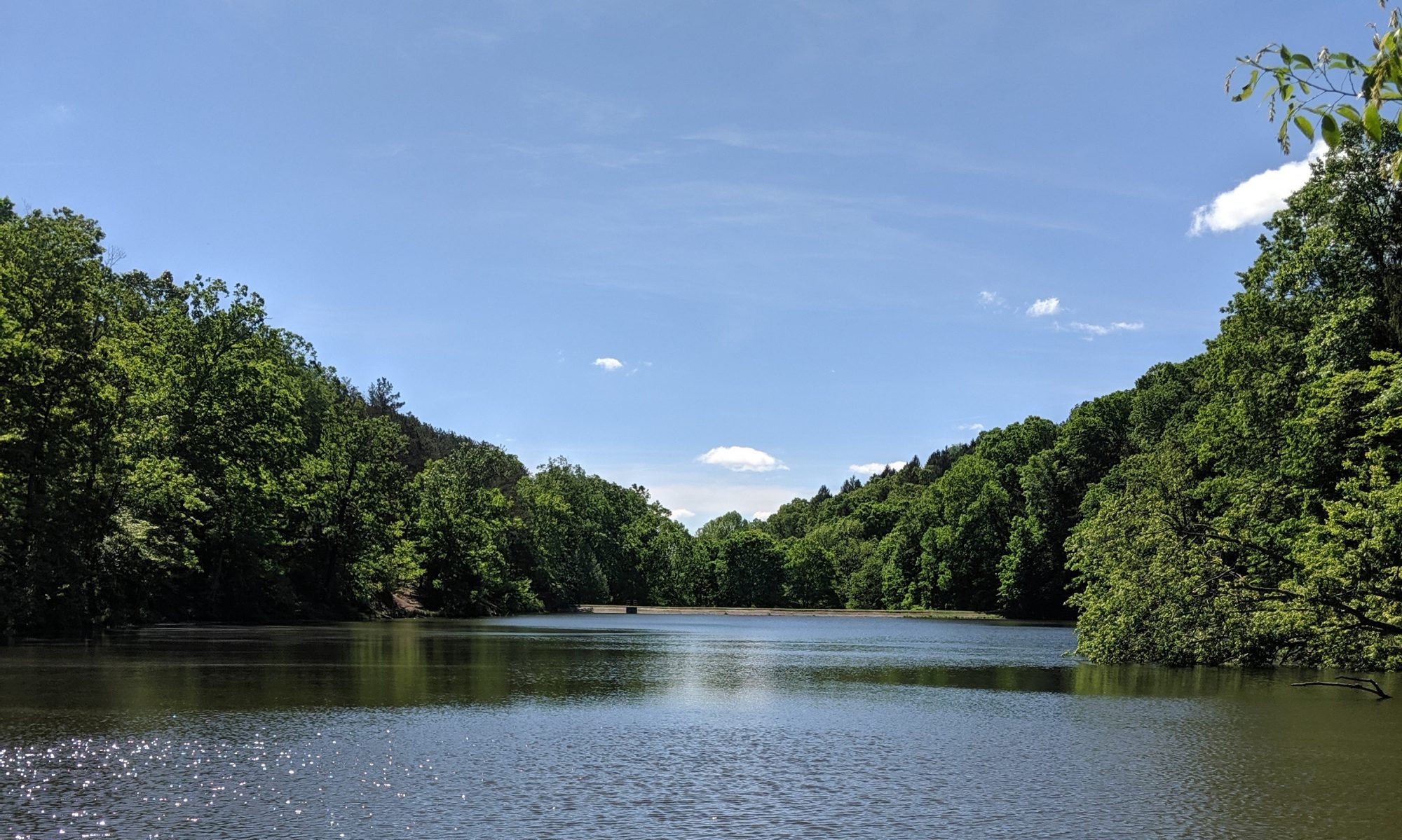Nature does not hurry, yet everything is accomplished.
– Lao-Tzu
To see a World in a grain of Sand
And a Heaven in a Wild Flower,
Hold Infinity in the palm of your hand
And eternity in an hour.
William Blake from Augeries of Innocence
Next to spending a morning in the woods, a walk in my garden often brings me as close to the divine as I suppose I will get in this life. Sitting under a roof, in a pew, paging through a prayer book doesn’t quite get me there. I can’t recall ever sitting in a pew and thinking that God was sitting beside me. It was more like talking up to some nebulous being who was far removed from my reality. Nature is where God becomes real to me.
There is a biblical admonitory (Matthew 18:20) that is frequently used to compel attendance at communal worship (i.e. bricks and mortar, Sunday morning, please pass the offering plate). I have consciously eschewed attendance at regular services, both Zoom and under a roof, since the Coronavirus virus pandemic struck. Instead, I have chosen to gather with those things that ambulate a little bit differently than I do. Some have four legs, some six, and others eight. Some have no legs at all. Some crawl, some walk, some jump, and others fly. Some don’t ambulate at all but sway in the wind and offer a shady spot for a rest. There is nothing that compares to breaking a little bread and having a glass of wine with a squirrel or a chickadee in the shade of a maple tree. Give me a sylvan cathedral any day.
A walk in my garden is as much a part of my daily ritual as reading the morning paper. To pause and smell the fragrance of a flower, to take note of a new bloom, to watch a hummingbird dart about, or to see a butterfly moving from flower to flower reminds me that there are higher laws. We would do well to be a butterfly for a time, floating freely and letting the summer breeze take us where it will. I often observe insects close up—they have so much to teach about living simply within our complex world. What appears to us as their randomness, or even chaos, is our own vain attempt to project human perceptions on the natural world. We would do well to step off our pedestals and direct our eyes to nature’s level—if our vanity would permit such an endeavor.
I have a regular path I take through my garden, as I am a creature of habit and it helps me notice the changes taking place within my little biome. I might pause for a moment to sit on my bench and listen to the chatter of the Carolina wrens as they flit through the branches of the cedar trees. Sometimes, I don’t think they’re serenading me as much as I’m being scolded for invading their world. I stop for a moment at my vegetable garden to see if any tomatoes are ready to pick and then I cut a few sprigs of basil and rosemary. I linger among my wildflowers to see if the Black-eyed Susans and hyssop are still blooming. The statues of St. Francis and the Buddha and my daughter’s fairy garden are all reasons for pause and reflection.
Now late summer, many of the plants in my garden are well past their glory days. The irises have come and gone, the blooms on the oak leaf hydrangeas have faded to brown, and the coneflowers are now a pale pink. I leave most of the spent coneflower blooms intact for our goldfinches. The Queen Ann’s Lace is now barren stalks, its delicate flowers faded to memory. I wonder how long it will be before the eastern red bat that roosts at night by my back door heads for its winter hibernacula?
Despite the changes, there are some things that seem like they would like to stay longer, but the march of time has a different idea. Soon, the last petals will fall from the flowers, the butterflies will disappear, and the red bat will head for its winter roost. Each morning now brings change to my garden—sometimes profound but often subtle. It can be the difference between seeing a raccoon feeding on my grapes and the once bright blooms of my daisies wilting away.
In nature, life can emerge and fade away in a day’s time. Often, I look at myself in the mirror and see the same face, but other times I detect a new wrinkle or notice a few more gray hairs. I now strain to see the youth in my reflection, knowing those days have slipped away just as the memory of this season’s blooms will slip into the past.
Sometimes, the seasons pass too swiftly while at other times they seem to drag by. The cold, dark days of February can go on forever and the “dog days” of August can seem to smother time. The pastel blossoms of spring and the vibrant colors of autumn seem to rush by in a blur. Still, I don’t wish that time would speed up or slow down. Rather, I count each day, whether in my garden or on a walk in the woods, as a chance to experience the beauty of change in the embrace of the divine.
Not too long from now, I will awaken to the season’s first frost. What was once green will turn brown and wilt under Jack Frost’s return. All will grow quiet above ground, save for the wind and snow, and life will retreat into its darkest recesses. A small seed, perhaps invisible to the naked eye, will wait to sprout when freed from winter’s grip. As each season gives birth to the next, I will be found in my sylvan cathedral, savoring the changes above and below my feet.
I love not man the less, but nature more.
– Lord Byron

Heading to worship with my daughter, Sarah. 
A congregation of the multitudes.

Great read John! I hope you are doing well and THRIVING. It seems as if you are!
LikeLike